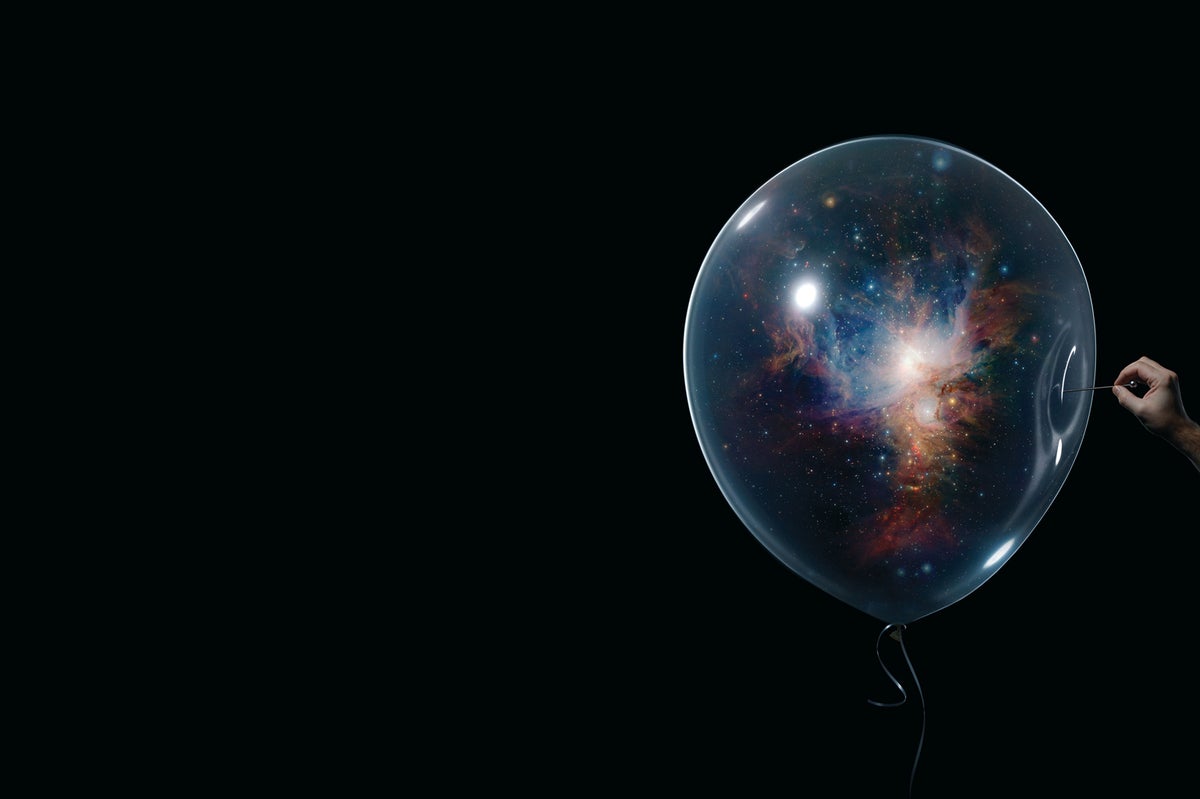J
John10
Guest
Bing bang is still the most widely accepted theory describing the beginning of our universe (discovered by no other than a Catholic priest by the way). There are many things that indirectly point us toward it.
The fact that it’s been proven that the universe is expanding, this logically means that it had to be all together at one point in the past. Much like when you roll up a “yoyo” before throwing it.
This early light — sometimes called the “afterglow” of the Big Bang — is more properly known as the cosmic microwave background (CMB). It was first predicted by Ralph Alpher and other scientists in 1948, but was found only by accident almost 20 years later.
(Please Note: This uploaded content is no longer available.)
The Second Law of Thermodynamics states that the universe tends toward high entropy. If the universe had an no beginning all the energy from all stars would have already been spent and then the universe would enter into a “heat death”. However we see stars are still being created, although those dying outpace the ones created and we will inevitably reach a “heat death”.
The fact that it’s been proven that the universe is expanding, this logically means that it had to be all together at one point in the past. Much like when you roll up a “yoyo” before throwing it.
This early light — sometimes called the “afterglow” of the Big Bang — is more properly known as the cosmic microwave background (CMB). It was first predicted by Ralph Alpher and other scientists in 1948, but was found only by accident almost 20 years later.
(Please Note: This uploaded content is no longer available.)
The Second Law of Thermodynamics states that the universe tends toward high entropy. If the universe had an no beginning all the energy from all stars would have already been spent and then the universe would enter into a “heat death”. However we see stars are still being created, although those dying outpace the ones created and we will inevitably reach a “heat death”.
Last edited:





